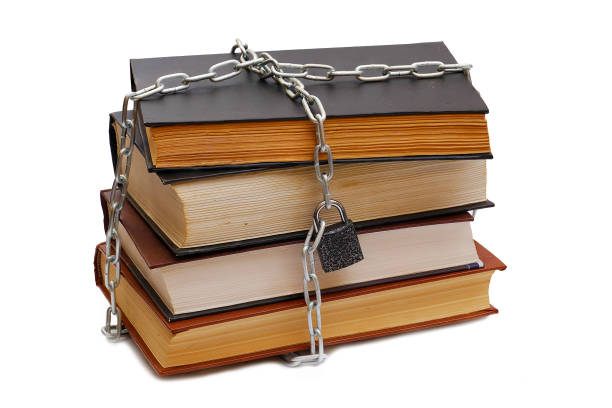Introduction
The history of literature is riddled with moments when the written word was silenced, restricted, or suppressed. Whether it was for religious, political, or moral reasons, book bans have been used as a tool to control information and ideas throughout the ages. In this exploration of the history of book bans, we will journey through time and space, uncovering the reasons behind censorship and the consequences it has had on art, culture, and society.

Ancient Beginnings
The practice of banning books dates back to ancient times. One of the earliest examples can be found in the famous Library of Alexandria. Although it was a center of learning and knowledge, certain texts were banned, often for political reasons, to maintain control over the populace. Similarly, the Roman Empire prohibited the works of numerous philosophers and writers deemed subversive, demonstrating how censorship has always been a tool of power and authority.
Religious Suppression
Throughout history, religion has often played a central role in book bans. The Catholic Church, during the Inquisition, banned and burned books that challenged its doctrines. Notably, the works of Galileo Galilei, whose ideas clashed with the Church’s geocentric worldview, were suppressed. The Index of Prohibited Books, established by the Vatican in the 16th century, exemplifies how religious authorities sought to control what people read and believed.
Political Censorship
Political authorities have also used book bans as a means of maintaining control. In the 20th century, totalitarian regimes like Nazi Germany and the Soviet Union notoriously censored and burned books that didn’t align with their ideologies. Books deemed “subversive” or “unpatriotic” were targeted, effectively erasing dissenting voices from public discourse.

Moral Concerns
Books have often been banned or challenged on moral grounds. Classic literature like Mark Twain’s “The Adventures of Huckleberry Finn” and Harper Lee’s “To Kill a Mockingbird” have faced censorship due to their exploration of racism and social issues. Such challenges arise from concerns about the content’s impact on young readers, but they also raise important questions about the role of literature in addressing societal problems.
Modern Challenges
Censorship continues to be a concern in the modern era. In the age of the internet, where information is more accessible than ever, the battle over what is appropriate to read and what should be restricted rages on. Challenges to books, both in schools and libraries, persist as individuals and groups voice concerns about content ranging from sexual themes to political ideologies.
The Consequences of Censorship
The suppression of books carries profound consequences. Censorship limits free expression, stifles intellectual discourse, and hinders the spread of ideas. It also deprives individuals of the opportunity to engage with diverse perspectives, which are essential for personal growth and societal progress. Censorship can lead to cultural stagnation, as it discourages the creation of challenging or controversial art and literature.
Conclusion
The history of book bans is a testament to the power of words and ideas. While censorship has been wielded by religious, political, and moral authorities throughout history, it has not silenced the human desire for knowledge, creativity, and self-expression. As we navigate the complexities of the modern world, it is essential to remain vigilant in defending the freedom to read and write, for it is through this freedom that art and culture continue to flourish, and society evolves.

